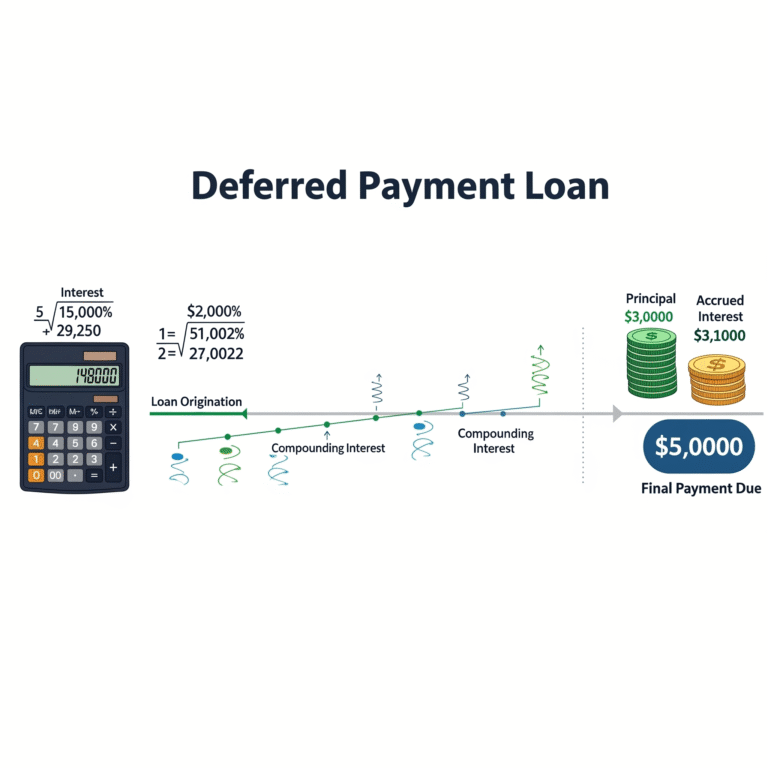Income
Fixed Expenses
Variable Expenses
Savings & Investments
Monthly Summary
Total Income: $0.00
Total Expenses: $0.00
Total Savings: $0.00
Remaining Balance: $0.00
Savings Percentage: 0%
Top 3 Spending Categories
- N/A
- N/A
- N/A
Master Your Finances with a Monthly Budget Planner
Gaining control of your own finances can seem overwhelming, but with a committed monthly budget planner, it becomes a simple, manageable process. This easy yet potent tool is the cornerstone of financial health, taking you from a place of uncertainty to confidence and control. A budget is not about limiting your life; it's about assigning every dollar a purpose so you can create the life you desire.
What is needed for your monthly budget planner?
The first thing to do in preparing your monthly budget planner is to know your financial picture. This involves having a clear picture of your income and all the spending that you do. For some, this might be a revelation. You might find that much of your income is going towards subscriptions that you no longer actively use or coffee in the morning that costs a lot overall throughout the month.
To begin, you may use a plain spreadsheet, a budgeting software program specifically designed for this purpose, or even paper and pencil. Start by documenting all of your sources of income for the month. Second, detail and categorize each of your expenses. A good rule of thumb is to begin with your fixed expenses—those unavoidable expenses such as rent, mortgage, or insurance bills. These are the building blocks of your budget.
After you have established your fixed expenses, you can address the variable ones. These are areas where most individuals have room for improvement. You can track how much you spend on food, eating out, entertainment, and shopping and see what behavior is undermining your financial gains. For example, if you notice that your spending money on eating out is always twice as much as you had budgeted, you can make a more practical goal for the following month or deliberately eat at home more regularly.
The last, and most fulfilling, component of your monthly budget planner is saving and investing money. This is where your goals begin. No matter what you are saving for, whether it is an emergency fund, a down payment on a home, or putting money in your retirement account, budgeting means you are always working towards reaching them. An easy guideline to use is to live on a 50/30/20 budget, dedicating 50% of your income to your needs, 30% to your wants, and 20% to saving and paying off debt.
Top tip for monthly budget planner
By reviewing and refining your monthly budget planner frequently, you have an evolving system that is responsive to your lifestyle. It helps you make smart choices about your finances, pay down debt, grow savings, and build a secure future. Budgeting is not something you do just once; it's a habit that gives you control over your financial future.
Looking for other tools to help you manage your money? Explore our full suite of free Financial Calculators.
FAQs
Q1: What is a monthly budget planner and why do I need one?
A: A monthly budget planner is a device that allows you to record your income and expenses for a period of 30 days. It provides a clear view of how your money is being spent, allows you to find areas where you can save, and keeps you on track to achieve your financial goals, such as debt repayment or saving for a down payment. Without budgeting, it's simple to spend more than you think, resulting in financial stress and lost opportunities.
Q2: What are the three principal parts of a monthly budget?
A: Most budgets have three principal parts:
- Income: All sources of money you have coming in during a month (e.g., salary, side jobs, investment income).
- Expenses: All money you spend. These are usually split into two sub-groups:
- Fixed Expenses: Expenses that remain the same each month, such as rent, mortgage, or car loans.
- Variable Expenses: Expenses that change every month, like groceries, eating out, or entertainment.
- Savings & Investments: Money you save for future objectives, such as an emergency fund, retirement, or a new house.
Q3: How do I make a realistic monthly budget?
A: To make an effective budget, use the following steps:
- Calculate Your Total Income: Sum up all your monthly take-home pay and other income sources.
- Monitor Your Spending: For a minimum of one month, carefully track every dollar you spend. You can use a spreadsheet, an app, or a notebook. Taking this step is important in order to learn about your expenditure.
- Break Down Your Spending: Divide your expenditures into categories such as housing, transportation, food, and entertainment. This will enable you to know where you can adjust.
- Analyze and Adapt: Compare your total income and total expenses. If you're spending more than you have, identify areas where you can cut back. If you have an excess, determine how to invest or save it.
Disclaimer: This calculator is for educational purposes only and should not be considered financial advice. Please consult a financial advisor before making decisions.







6 Comments